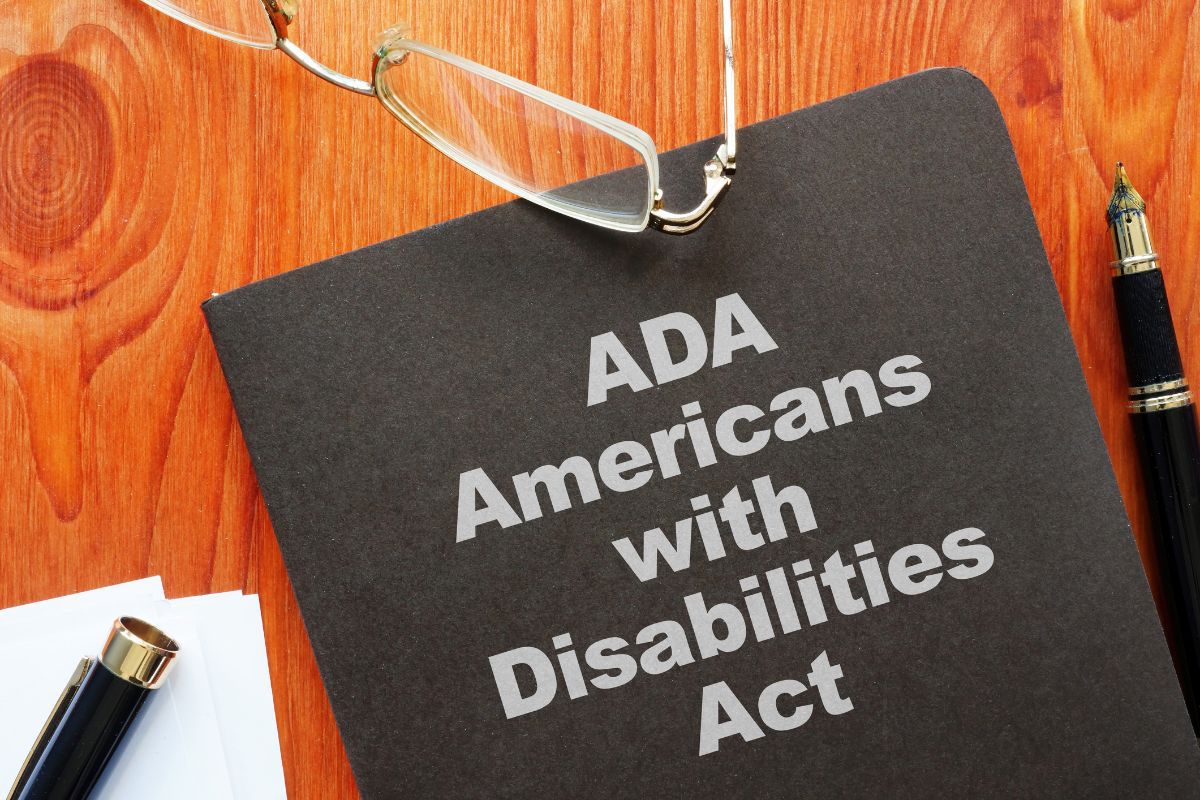Best Courtroom Movies – 12 Angry Men
One of the most significant courtroom movies of the 20th Century is 12 Angry Men made in 1957 and directed by Sidney Lumet. Interestingly, in 1982, Lumet would direct what many consider another classic courtroom film, The Verdict, starring Paul Newman. The film notably almost exclusively uses one set - a jury deliberation room - where all but three minutes of the film takes place. Cast: Martin Balsam as Juror 1, the jury foreman. John Fiedler as Juror 2, a bank worker. Lee J. Cobb as Juror 3, the owner of a courier business. E. G. Marshall as Juror 4, a stockbroker. Jack Klugman as Juror...
Continue reading











